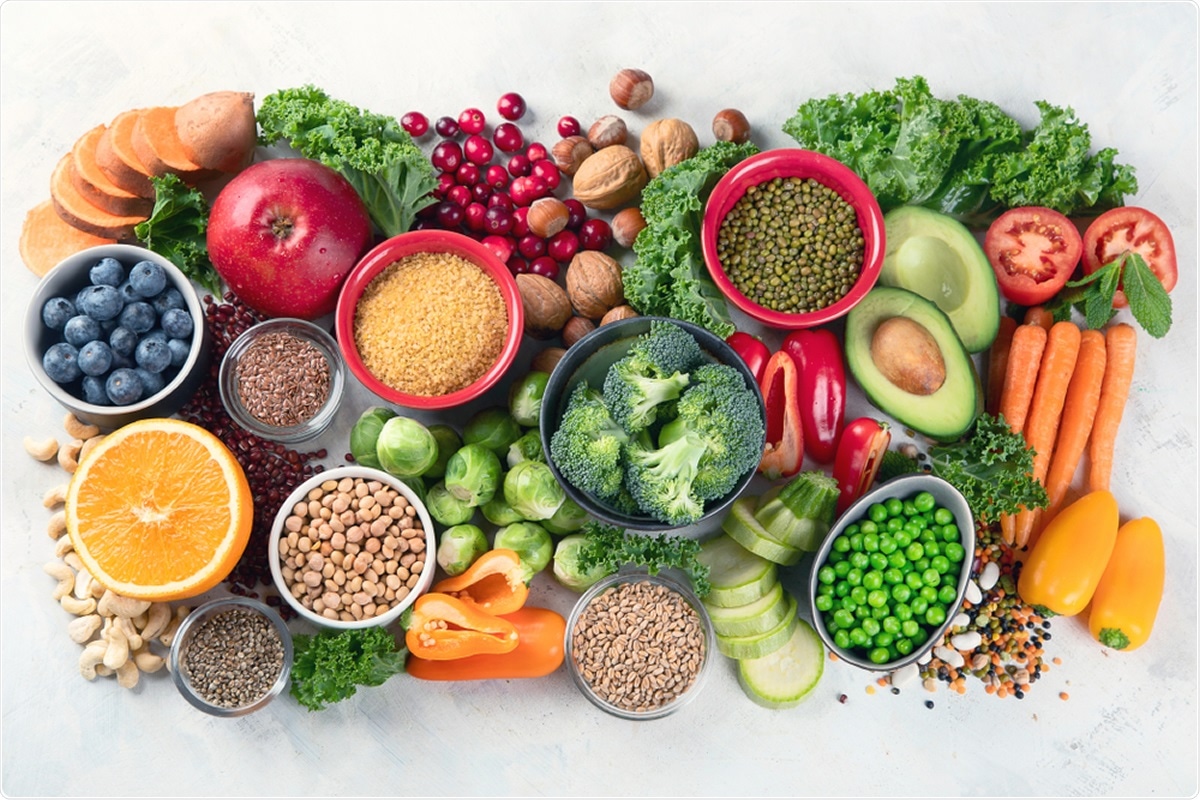A healthy diet is one that provides the body with the essential nutrients it needs to function properly, while also helping to prevent chronic diseases such as heart disease, diabetes, and cancer. A balanced and healthy diet should include a variety of foods from all food groups, including:
- Fruits and vegetables: These provide essential vitamins, minerals, and fiber.
- Whole grains: These provide complex carbohydrates, fiber, and vitamins.
- Lean protein: Sources of lean protein include fish, poultry, legumes, and nuts.
- Dairy products: Low-fat dairy products provide calcium and other essential nutrients.
- Healthy fats: Unsaturated fats, such as those found in olive oil and nuts, are important for heart health.
It’s important to limit foods that are high in saturated fat, added sugars, and sodium, as these can increase the risk of chronic diseases. Additionally, drinking plenty of water and limiting alcohol consumption can also contribute to a healthy diet.
Here are the best diets to follow for better overall health:

1. Dash Diet
DASH, or dietary approaches to stop hypertension, is an eating strategy created to assist in the treatment or prevention of high blood pressure, also referred to as hypertension. You are expected to consume plenty of fruits, veggies, nutritious grains, and lean meats. Red meat, salt, added sugars, and fat are all in moderation. Despite not being a weight loss diet, many people who follow the DASH diet claim to have lost weight.
2. Mediterranean Diet
The Mediterranean diet has long been regarded as one of the ideal diets in terms of health, longevity, disease prevention, and nutrition. Based on its sustainable nature and benefits to nutrition. The Mediterranean diet is centered on ingredients that have historically been consumed in places like Greece and Italy. It is abundant in fruits and veggies, whole grains, olive oil, lentils, fish, and nuts. Red meat consumption should be limited, while foods like chicken, eggs, and dairy products should be consumed in moderation.
3. Flexitarian Diet
There are other adaptable plant-based diets, including the flexitarian diet. This is a plant-based diet that permits the occasional use of animal products. Typical vegetarian diets forbid all forms of meat but permit dairy items. Vegan diets typically forbid the consumption of any animal products, including dairy, butter, and occasionally other byproducts like honey. The flexitarian eating plan is regarded as more of a lifestyle than a diet because it lacks precise guidelines or recommendations regarding calories and macronutrients.
4. MIND Diet
In order to establish an eating plan that emphasizes brain functioning, the Mediterranean-DASH Intervention for Neurodegenerative Delay (MIND) diet combines elements of the DASH and Mediterranean diets. The MIND diet, like the flexitarian diet, does not include a rigid meal plan but instead promotes eating 10 certain foods that are good for the brain. Per week, It expects consumption of six or more portions of leafy green vegetables daily, one serving of vegetables that aren’t starchy, and five or more servings of nuts.
5. Volumetrics Diet
The Volumetrics diet is not a rigid diet. Rather, it is intended to be a long-term lifestyle modification. The volumetric eating plan encourages you to load up on nutrient-dense foods that are low in calories and high in water in order to promote weight loss. It also restricts items high in calories, such as cookies, candies, nuts, seeds, and oils. This diet can be altered to incorporate ‘healthy calories’ such as poultry and nuts that might be limited for weight loss purposes.
In conclusion, the aim is to consume healthy, filling, and satiating food. Our food must contribute to improving our physical as well as mental health.



